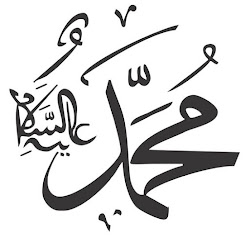about holy prophet and rules
- Muslims revere Muhammad as a spiritual and moral exemplar and follow his teachings as guidance for all aspects of life. He is highly respected and honored as the final messenger of God, chosen to deliver the message of Islam to humanity. Muhammad's teachings emphasize monotheism, ethical behavior, justice, compassion, and the importance of faith.
- It's important to note that discussions about religious figures should be approached with respect and sensitivity, as different individuals and communities may hold diverse beliefs and perspectives.
Early Life: Muhammad grew up as an orphan and worked as a merchant. He was known for his honesty, integrity, and wisdom even before he received revelations.
Revelation: At the age of 40, Muhammad received his first revelation while meditating in a cave on Mount Hira near Mecca. The angel Gabriel appeared to him and commanded him to recite the words of Allah (God).
Message and Mission: Muhammad's primary message was the oneness of God, known as tawhid, and the call to worship Allah alone, without associating partners with Him. He preached against idol worship, social injustices, and unethical practices prevalent in the society of that time.
Qur'an: The revelations received by Muhammad were compiled into the Qur'an, which is considered the holy book of Islam. It is believed to be the literal word of God, revealed in Arabic.
Migration to Medina: Due to increasing opposition and persecution in Mecca, Muhammad and his followers migrated to the city of Medina in 622 CE. This event, known as the Hijra, marks the beginning of the Islamic calendar.
Establishment of the Islamic State: In Medina, Muhammad established a cohesive Muslim community and worked to unite various tribes under the banner of Islam. He also laid down principles of governance and established a system of justice and social welfare.
Final Sermon: Shortly before his death in 632 CE, Muhammad delivered his farewell sermon, which summarized key aspects of his teachings, emphasized the importance of unity, justice, and equality, and provided guidance for the future.
The life and teachings of the Prophet Muhammad continue to be a source of inspiration and guidance for Muslims worldwide. His actions and sayings, known as Hadith, are also studied to understand and apply Islamic principles in everyday life.


This is nice 🙂
ReplyDelete